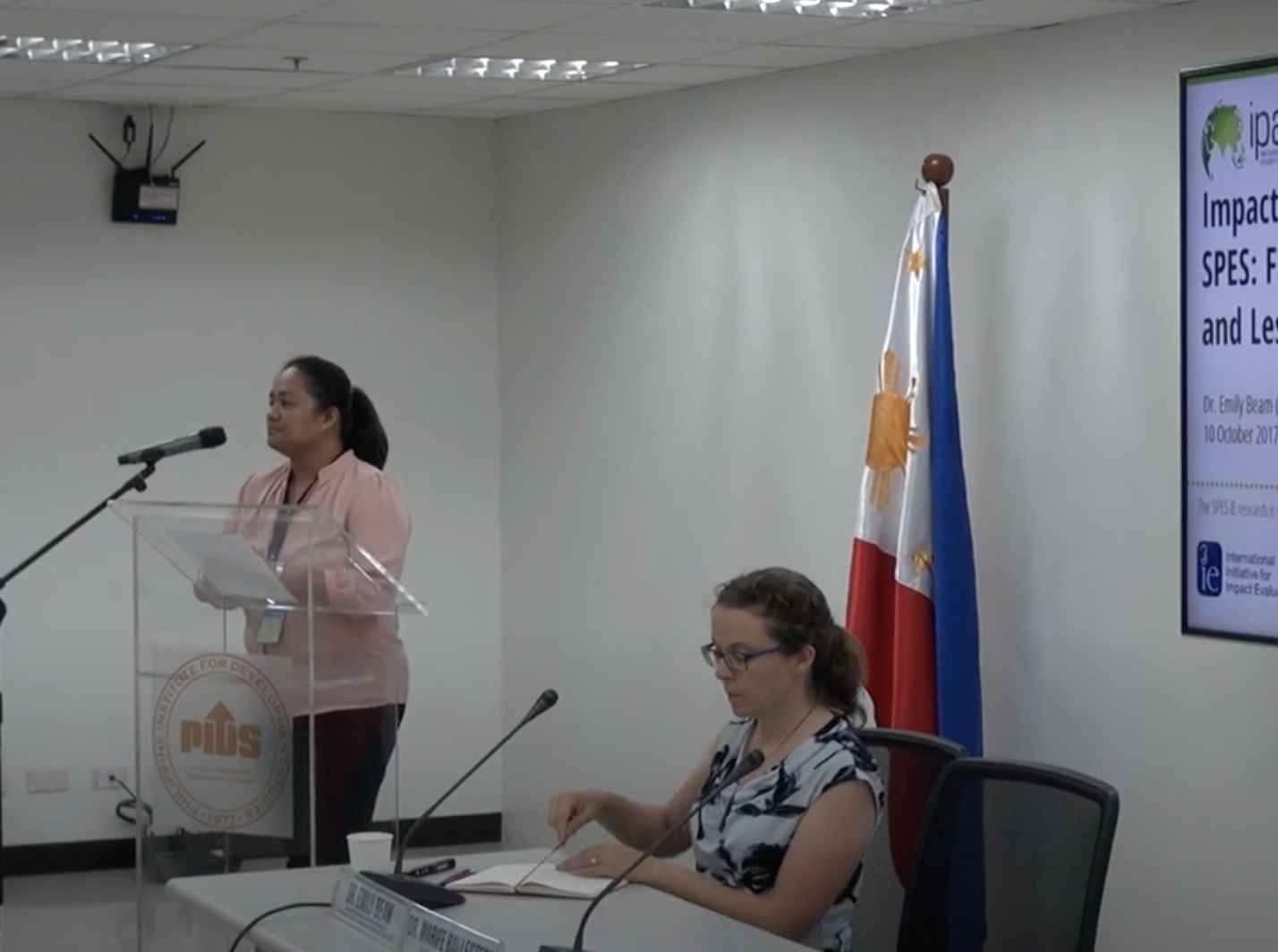MANILA, Philippines – The K to 12 curriculum will be revised by the Department of Education (DepEd) under Vice President Sara Duterte, as her Basic Education Report for 2023 showed that important lessons are missing in the current one.
Duterte, who is concurrently education secretary, made commitment on Monday, January 30, to make the program “relevant to produce competent, job-ready, active, and responsible citizens.”
“We will revise the K to 12 curriculum to make them more responsive to our aspiration as a nation, to develop lifelong learners who are imbued with 21st-century skills, discipline, and patriotism,” Duterte said.
The DepEd is reviewing the K-12 program, which was introduced during the administration of the late president Benigno Aquino III.
Duterte said that, based on DepEd’s initial assessment, the current curriculum is “congested, that some prerequisites of identified essential learning competencies are missing or misplaced, and that a significant number of learning competencies cater to high cognitive demands.”
The Vice President said that the K to 12 curriculum “promised to produce graduates that are employable.”
“The promise remains a promise,” she added.
Duterte also said that most senior high school graduates have to “pursue higher education in order to find employment.”
Even before K to 12 was launched in 2012, many were already clamoring against the additional two years of basic education. Despite a classroom shortage, lack of textbooks, tables and chairs, the ambitious program was implemented. Policy makers and proponents of K to 12 marketed it to the public as a curriculum preparing “graduates for tertiary education, middle-level skills development, employment, and entrepreneurship.”
In 2018, a study by the Philippine Business for Education (PBEd) found that the first batch of SHS graduates had “theoretically” 93% of competencies suitable to the needs of the nation’s industries, such as critical thinking and problem-solving skills.
But in a separate study by PBEd, only 20% of 70 of the country’s leading companies across all sectors were inclined to hire SHS graduates. The study also noted that employers accepted only job applicants with at least two years of college education, excluding SHS graduates from consideration.
Meanwhile, a study done by the Philippine Institute for Development Studies in 2020 showed that most SHS graduates chose to continue their education at the tertiary level to get a bachelor’s degree. PIDS noted that a little over 20% of the SHS graduates entered the labor force and over 70% continued with their education. The report said that there was a need for government “to re-examine the employment and entrepreneurial objectives of the SHS program.”
Duterte said that DepEd would focus on strengthening literacy and numeracy programs, revitalizing the Reading, Science and Technology, and Math programs by utilizing the gains of previous programs. She noted that the curriculum would be benchmarked with local and international best practices, consulted with experts, and would based on research or evidence.







